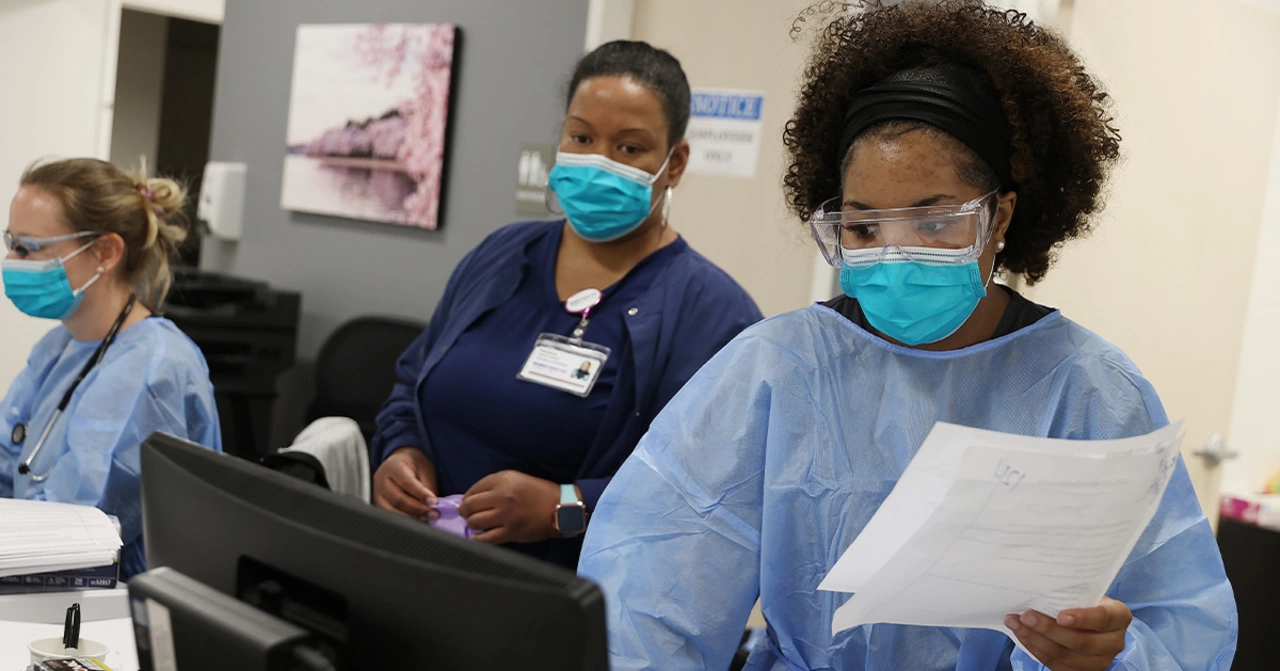Why do medical services and products cost so much in the US?
Exploring the Factors Behind the High Cost of Medical Services and Products in the US
The US healthcare system has long been a source of confusion, frustration, and financial hardship for many Americans. The cost of medical services and products in the US is significantly higher than in other developed countries, leaving many people wondering why medical care is so expensive. To understand why medical services and products cost so much in the US, it’s important to explore the factors that contribute to this price tag.
Cost of Healthcare Delivery
The cost of delivering healthcare in the US is high due to the complexity of the system. From expensive medical technologies to elaborate insurance plans, the US healthcare system is incredibly complex and costly to operate. Additionally, the US has a high number of uninsured people, leading to higher overall costs for those with insurance coverage. This cost is then passed on to consumers, making medical services and products more expensive.
High Drug Prices
Drug prices in the US are among the highest in the world, with the US accounting for nearly 40% of global drug spending. High drug prices can be attributed to the lack of price competition in the US, as well as the cost of research and development for pharmaceutical companies. Additionally, the US government does not have the power to regulate drug prices, meaning drug companies are free to set their own prices.
Physician Salaries
Physicians in the US tend to be among the highest paid in the world, with many earning well above the national average. This higher salary means higher costs for medical services, as physicians must charge more to make up for their higher salaries. Additionally, doctors in the US are more likely to specialize in a certain area, which can also lead to higher costs.
Administrative Costs
The US healthcare system is burdened with high administrative costs due to the complexity of insurance plans and the large number of paperwork and bureaucracy associated with medical care. These administrative costs are passed on to consumers, making medical services and products more expensive.
Unnecessary Services
The US healthcare system has a tendency to provide unnecessary services, such as unnecessary tests or treatments. These services drive up the cost of medical care, as they are not always needed and can be expensive. Additionally, some providers may be incentivized to provide these unnecessary services in order to make a profit.
Examining the Role of Insurance Companies in the High Cost of Medical Services and Products in the US
The high cost of medical services and products in the United States is a hot-button issue. Many Americans feel they are paying too much for healthcare and are looking for answers. The role of insurance companies in the cost of medical services and products is often overlooked, but they play a significant part in the high cost of healthcare.
Insurance companies are responsible for negotiating prices with medical providers, and they are often very successful in driving down costs. However, insurance companies also have a vested interest in keeping prices high. Insurance companies make money by collecting premiums from their members, and if they can keep prices high, they will have more money to invest in their business.
Additionally, insurance companies have a strong incentive to keep prices high because they are in competition with each other. Each insurance company wants to be the most competitive in terms of pricing, so they often drive up the cost of medical services and products in order to stay ahead of the competition.
Finally, insurance companies have a great deal of power in the market and can use their leverage to increase prices. They can use their clout to negotiate favorable contracts with medical providers and to get better discounts than what is available to the general public. This can lead to higher prices for medical services and products.
Insurance companies play a large role in the high cost of medical services and products in the US. Insurance companies are responsible for negotiating prices with medical providers, and they have a vested interest in keeping prices high. Additionally, they are in competition with each other, so they often drive up the cost of medical services and products to stay ahead of the competition. Finally, insurance companies have a great deal of power in the market and can use their leverage to increase prices. All of these factors result in higher costs for medical services and products in the US.





